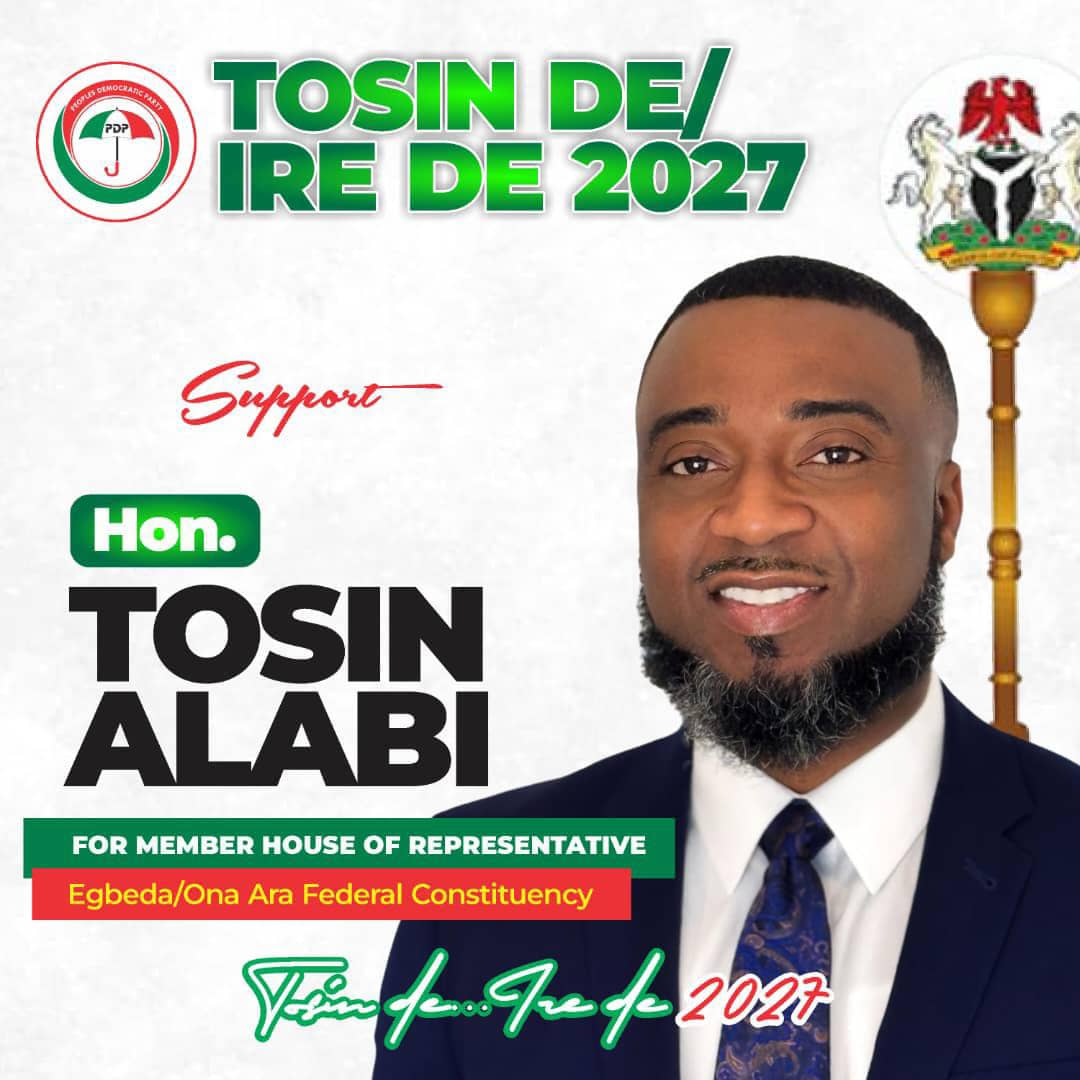For years, the North yearned for Muhammadu Buhari to lead Nigeria, but their fervent efforts fell short time and again. Buhari contested the presidency in 2003, 2007, and 2011, each time failing to secure the victory despite strong northern backing. It wasn’t until 2015, when the Southwest joined forces with the North, that Buhari finally triumphed, ending a 12-year streak of electoral defeats.
The Southwest not only helped propel him to power but also stood steadfastly by his side, defending his administration throughout his eight-year tenure. Yet, just two years after his presidency ended, some northern politicians expect this historic alliance and shared struggle to fade from memory.
The resilience of this partnership, forged through repeated failures and ultimate success, deserves to be remembered as a testament to unity and perseverance in Nigeria’s political landscape.
Tinubu’s Unwavering Support to Buhari
During Muhammadu Buhari’s presidency from 2015 to 2023, President Bola Ahmed Tinubu (PBAT) and his allies in the All Progressives Congress (APC) demonstrated unwavering loyalty. Tinubu, a key figure in Buhari’s rise to power, ensured his supporters within Buhari’s administration remained committed until the end of his tenure. Despite challenges, including Buhari’s health struggles in his first term and widespread insecurity attributed to criminals masquerading as “Fulani herdsmen,” Tinubu’s South-West base offered steadfast support. Buhari’s administration faced criticism for nepotism, with his inner circle—often from his northern region—operating with significant autonomy, fueling perceptions of exclusionary governance.
In the South-West, APC members and supporters, including myself, rallied behind Buhari, defending his policies and countering divisive narratives. Many in the diaspora used social media platforms like Facebook to challenge accusations of ethnic bias, particularly the “Fulanization” theory, which falsely claimed Buhari’s administration sought to impose Fulani dominance. These efforts aimed to promote national unity and dispel stereotypes against the Fulani people, despite escalating farmer-herder conflicts that claimed thousands of lives, particularly in the North-Central region.
The insecurity during Buhari’s tenure, including kidnappings and attacks by armed groups, was a significant challenge. Reports indicate that Nigeria ranked as the eighth most terrorized country globally under Buhari, with groups like Boko Haram, ISWAP, and criminal bands contributing to over 8,000 deaths in 2023 alone, often linked to jihadist Fulani herdsmen. Despite these issues, South-West APC loyalists remained supportive, viewing Buhari’s leadership as a unifying force for the party.
Now, as Tinubu leads since May 2023, there is an expectation of reciprocity from the North. Tinubu inherited a troubled economy, high inflation, and persistent insecurity, yet his administration has initiated bold reforms, such as removing fuel subsidies and appointing diverse security chiefs to address these challenges. However, northern groups have criticized Tinubu for allegedly favoring South-West appointments, sparking debates about “Yorubanization.” These tensions highlight the need for mutual support across regions to sustain the APC’s coalition and foster national cohesion.
The loyalty extended to Buhari by Tinubu and the South-West should inspire northern leaders to back Tinubu’s vision for Nigeria. By prioritizing inclusive governance and addressing insecurity, Tinubu can build on the APC’s legacy while healing the divisions exacerbated during Buhari’s tenure. This reciprocal commitment is vital for Nigeria’s stability and progress, ensuring all regions work together to tackle shared challenges like poverty, unemployment, and violence.
Abdulwaheed Badmus writes from Scotland. He can be reached via abdul_waheedbadmus@yahoo.com























